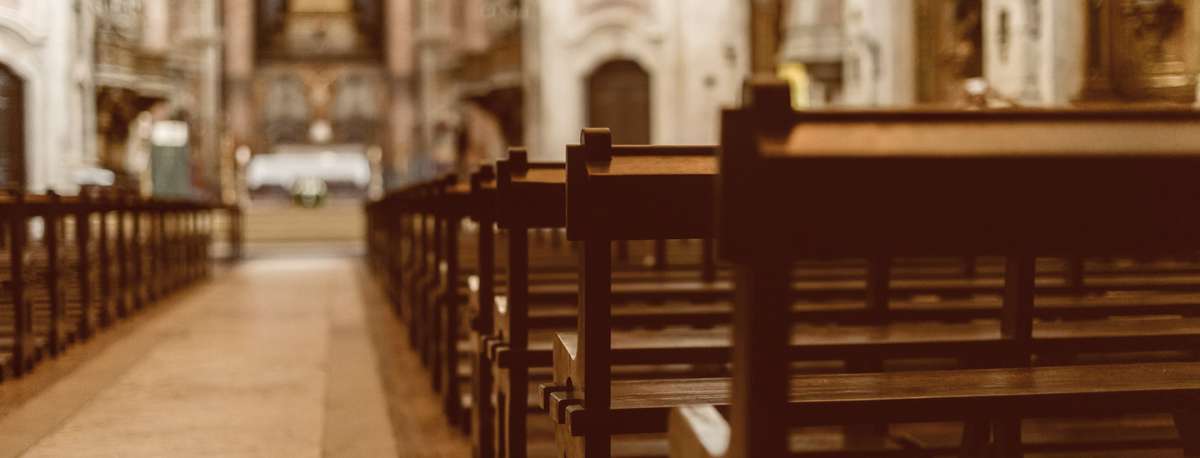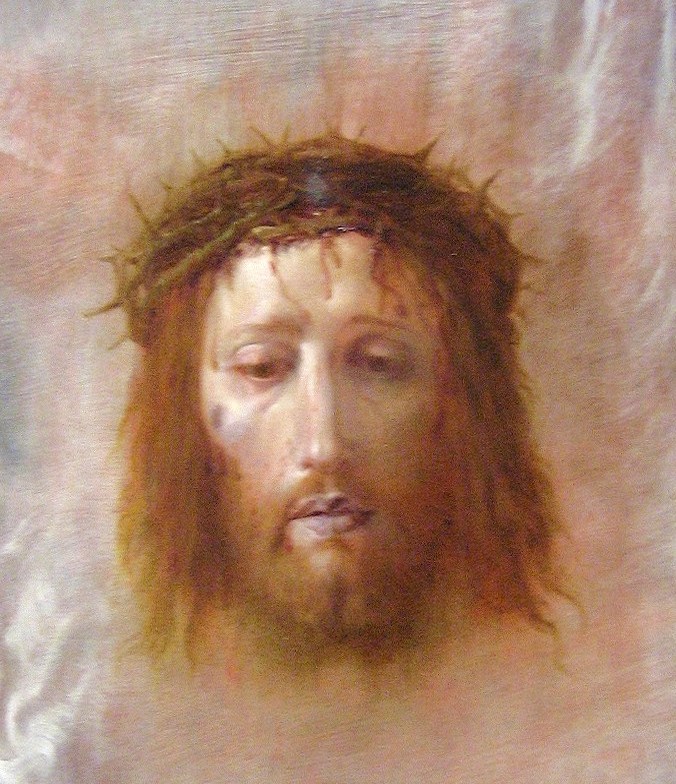Dear Reader,
This post (please read it here) is currently the last in this series in English. From 2020 only the Hungarian version of this homepage is continued containing my sermons and lectures first as an undergraduate of theology and from July 2022 as a Lutheran pastor. Please have a look to the 58 essays published here between 2017 and 2020. Many thanks,
Peter Csermely

1. What we mistakenly believe about faith. Faith is not a task. Faith does not have any advantage or objective. We do not believe to be rewarded. Faith is not a barter trade. „I believe in You, my Lord, and You take care of my salvation in return.” Faith is not a refuge that is used by people only when getting into a big trouble. We do not pray because we want to reach something that otherwise cannot be reached but… We do not go to a congregation because it helps us spiritually or because that’s how we can live an honest life but… (If you would like to know more about this, please read my essay here.)

2. How to put the essence of faith in words? „Faith is the substance of things to be hoped for, the evidence of things that appear not.” (Hebrews 11:1) As Calvin pointed out, this sentence, which almost alone „defines” faith in the Bible, naturally cannot give a complete description about the nature of faith. At the same time it provides us with three very important clues: that of hope, trust and confidence. The one who believes, trusts in things hoped for and is convinced of the meaning of life, his own place in the world, his love relation with Jesus, his future, the good order of his life and death despite of that he cannot see all this with his own eyes. (If you would like to know more about this, please read my essay here.)

3. Faith as a subjective confession. For me faith is accepting mercy. Faith and its deepening are continuous events in our lives. Faith is a state of being. In the 18th-19th century’s France St. John Vianney was famous for that the line of those whose complaints and grievances he heard snaked in front of his church from morning to evening. He owed a lot to an old peasant who did nothing but only sitting in his church for days. Then he went to the old man: "May I ask you what you are doing here?” "I am not doing anything, I am just sitting here and looking at Christ. And He is looking at me.” For me this story (about contemplation which leads us to action) is somehow the essence of faith. (If you would like to know more about this, please read my essay here.)